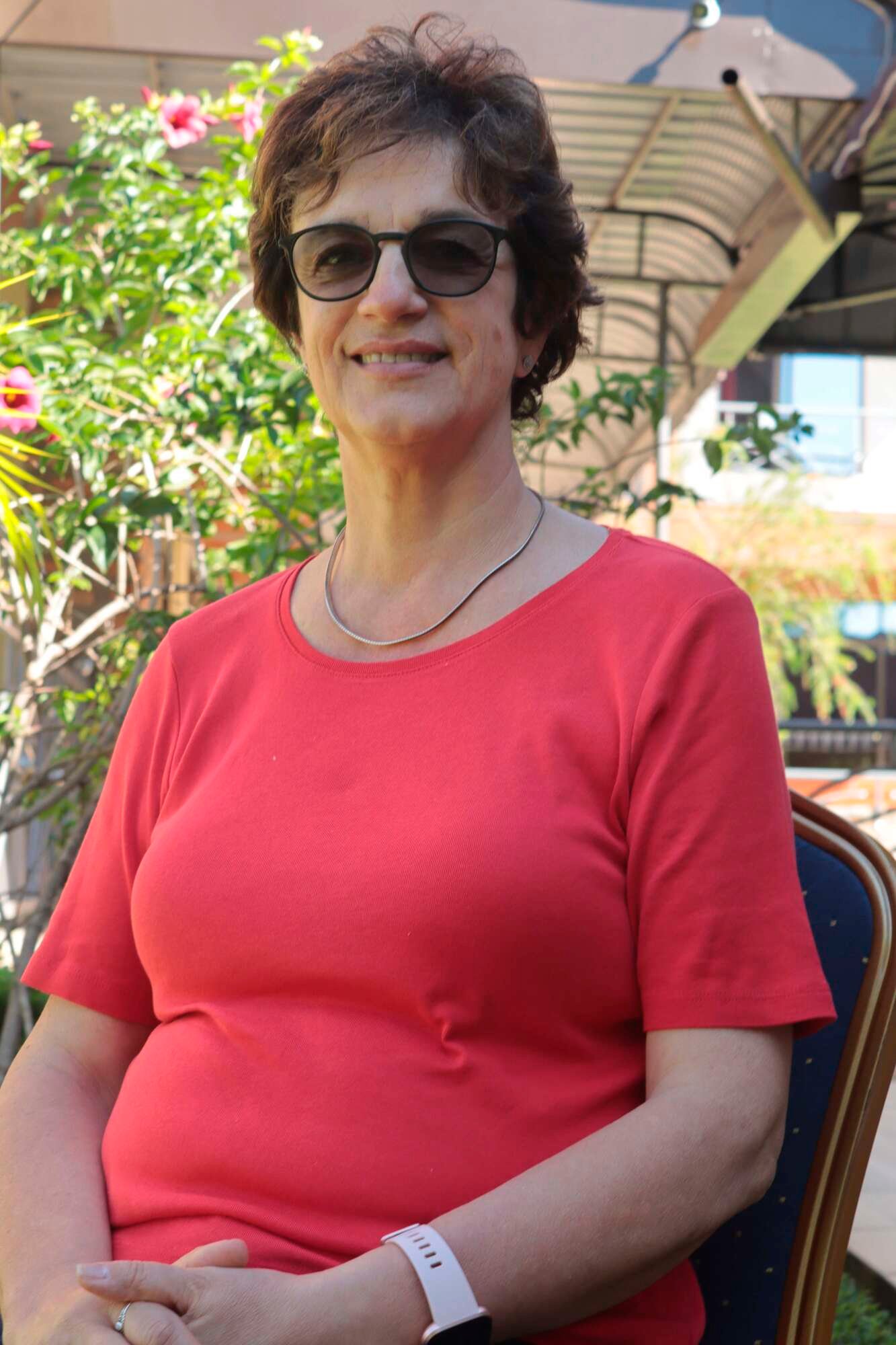[ad_1]
The postponed tenth conference of parties (COP10) to the World Health Organisation Framework Convention on Tobacco Control (WHO-FCTC) is set to be held early next year, the secretariat has confirmed.
The conference, which should have taken place in Panama from November 20, alongside the meeting of the parties to the to the Protocol to Eliminate Illicit Trade in Tobacco Products, was cancelled by Panamanian officials due to security concerns over the persistent citizen protests in the country.
Read: Panama cancels WHO meeting as protests mount
At a press conference on Tuesday, the FCTC secretariat and the government of Panama said they are both working round the clock to ensure the conference takes place as early as possible next year, terming the postponement “unfortunate”.
“The situation, while it’s unfortunate and we hope that Panama can solve the problem, is something that we are prepared to face and solve in order to have our meetings next year,” said Adriana Blanco Marquizo, head of the FCTC Secretariat.
Ms Marquizo said that while the postponement presents a procedural complication for the secretariat, nothing is lost since “the topics that were supposed to be discussed in this meeting next week will be discussed anyway in the meeting in the coming months.”
Carmen Alvealla, Panama’s deputy permanent representative of mission to UN in Geneva, said her country remains committed to tobacco control and “will certainly ensure that logistics allow for a successful holding of both meetings.”
Panama has faced civil unrest over the state’s approval of a law endorsing a contract with a mining company sanctioned last month.
Ms Alvealla said at the conference that it is the safety concerns resulting from the protests that led to the postponement of the conference, but which will soon be resolved to enable the meeting to proceed “at the beginning of 2024.”
This year’s meeting was meant COP to the FCTC was meant to chart the way forward for the implementation of the treaty and tobacco control in general, which has been slow in most countries despite many signings and ratifying the treaty.
Read: WHO stands its ground against tobacco industry
The WHO-FCTC treaty was adopted in 2003 by the UN agency’s general assembly to control tobacco use in public spaces to advance global health, and currently, all countries in the region have signed and ratified it.
Meant to boost global public health by rendering public spaces completely smoke free the legally binding treaty compels parties to actively participate in regulation of tobacco use and enact laws to minimize both production and demand of tobacco products.
Twenty years after adoption, very few countries have been declared smoke free, with tobacco use restricted to specified areas and utterly enforced, and tobacco production and importation severely restricted, raising the need to reevaluate the strategy.
The meeting was also meant to plan ahead and draw a budget for the convention’s secretariat, which is meant to help enforcement and implementation of the treaty principles.
[ad_2]
Source link



